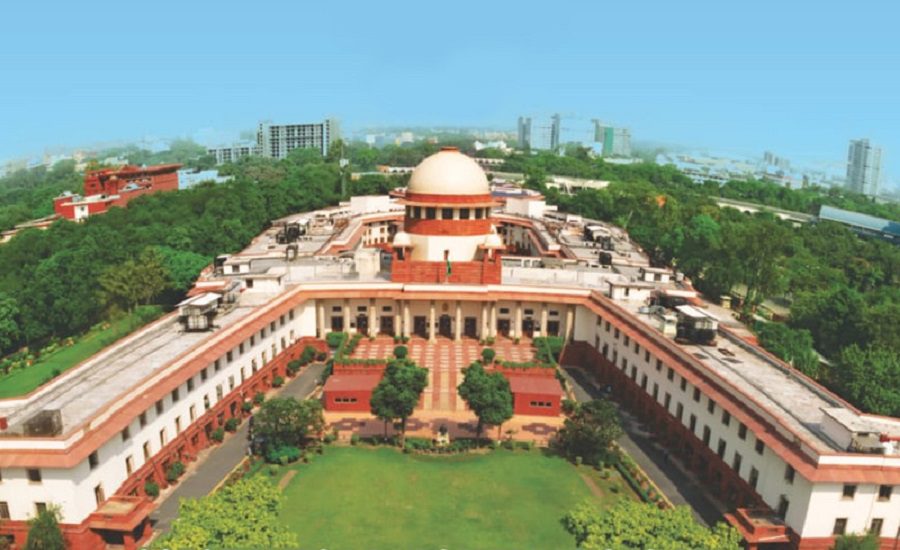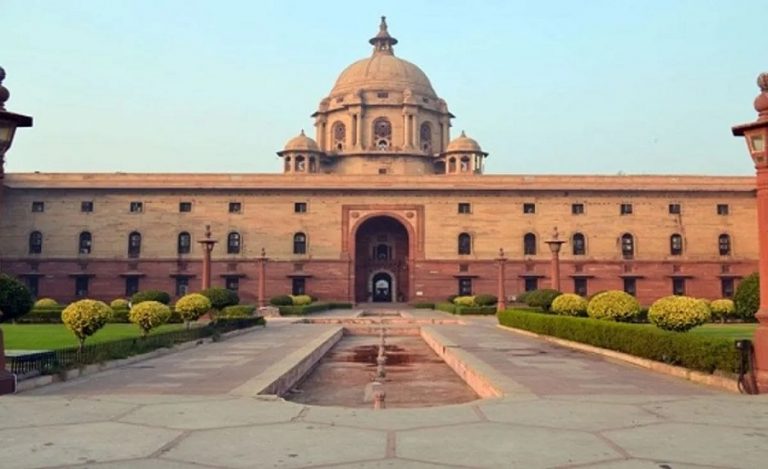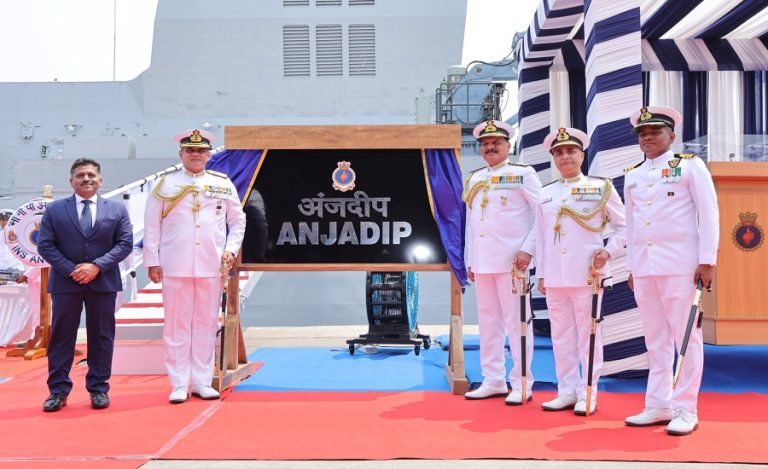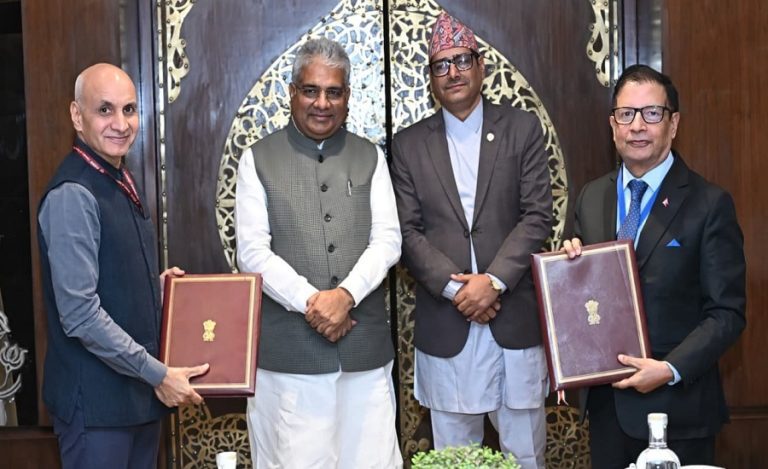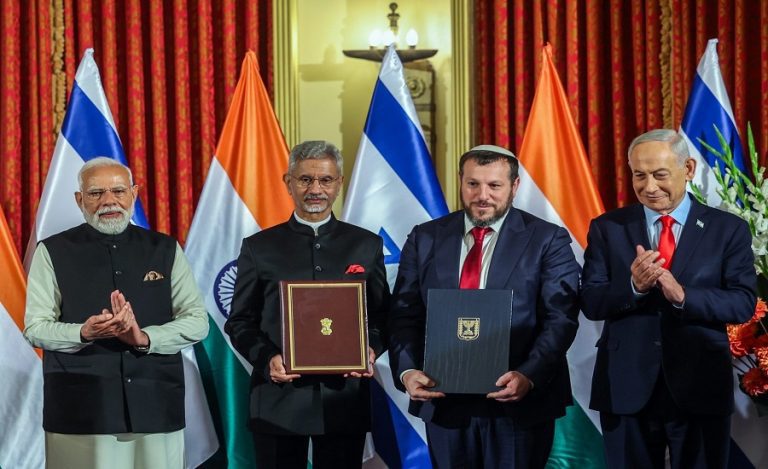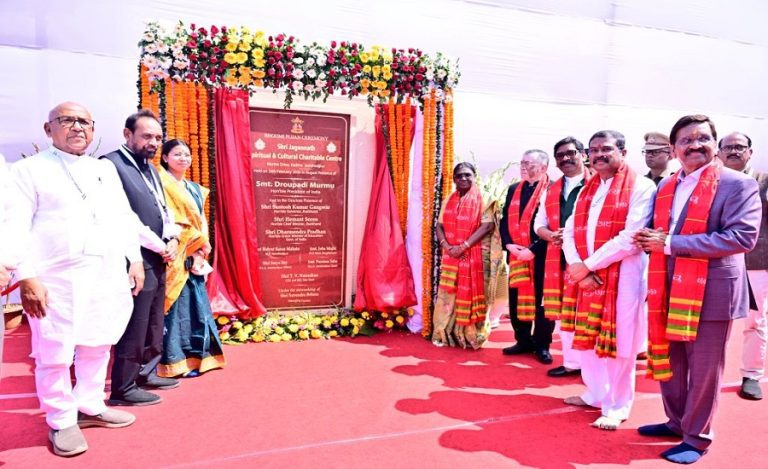New Delhi: In a significant ruling reaffirming judicial accountability, the Supreme Court has upheld the validity of the in-house investigation into Justice Yashwant Varma, who was accused of misconduct following the discovery of large sums of unaccounted cash allegedly destroyed in a fire at his Delhi residence.
A division bench of Justice Dipankar Datta and Justice Augustine George Masih dismissed Justice Varma’s petition challenging the inquiry process and recommendations made by the three-member judicial panel and then Chief Justice of India (CJI) Sanjiv Khanna.
However, the Court expressed strong disapproval over the public dissemination of the inquiry report and video footage of the incident on the Supreme Court’s website, stating that such materials should not have been made public.
‘CJI Has Duty to Preserve Judicial Integrity’
Authoring the judgment, Justice Datta underscored that the CJI is morally, ethically, and legally obligated to act when the credibility of the judiciary is under threat.
“The CJI, as the leader of the judiciary, owes a duty to the people of the country to keep the justice delivery system pure, clean and unpolluted,” the Court observed, asserting that the Chief Justice was well within his authority to take timely action, even without waiting for Parliament to trigger impeachment proceedings under Article 124.
The bench also dismissed Justice Varma’s argument that the panel’s findings and their disclosure prejudiced his right to a fair impeachment process, noting that Members of Parliament are expected to exercise independent judgment.
Inquiry Found ‘Serious Misconduct’
The in-house panel, constituted by then CJI Sanjiv Khanna on March 22, 2025, comprised Justice Sheel Nagu (Chief Justice of Punjab and Haryana High Court), Justice G.S. Sandhawalia (Chief Justice of Himachal Pradesh High Court), and Justice Anu Sivaraman (Judge, Karnataka High Court).
Their report concluded that “unimpeachable evidence” established that substantial amounts of unaccounted currency were destroyed in the fire at Justice Varma’s 30 Tughlak Crescent outhouse on May 14. The panel categorically found his misconduct to be “serious enough to call for initiation of proceedings for removal.”
Following the inquiry, Justice Varma who was serving as a judge of the Delhi High Court was repatriated to the Allahabad High Court.
No Prejudice to Parliament’s Role, Says SC
Responding to the petitioner’s claim that public release of the panel’s findings could influence Members of Parliament, the bench clarified that such recommendations are not officially forwarded to the Speaker or Chairman of either House.
“For argument’s sake, even if it is assumed that MPs have had access to the CJI’s advice, nothing much turns on it,” the Court said, reinforcing that parliamentary members are constitutionally expected to act with independent discretion.
Judicial Purity Over Individual Interest
The judgment reiterates the Supreme Court’s firm stance that preserving institutional integrity must take precedence over individual interests. While the court censured the public release of confidential inquiry materials, it firmly endorsed the in-house mechanism as an essential safeguard for accountability within the higher judiciary.

